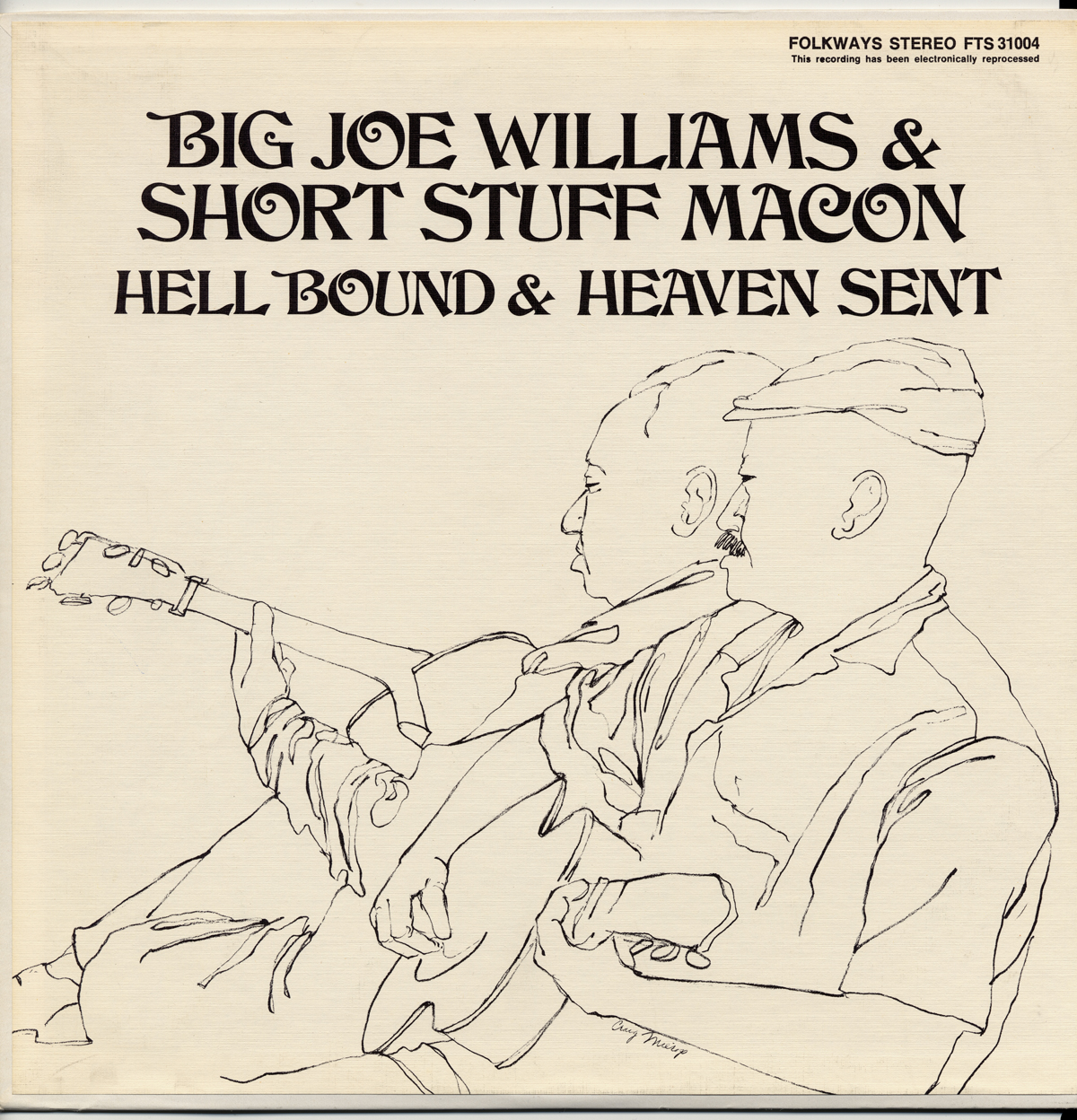
Lalande, Jeffrey Max
product information
description
s a dramatic if little-known populist insurgency that captured national attention as it played out in rural Oregon. Jeffrey LaLande traces the rebellion's roots back to the area's tradition of protest, including the Ku Klux Klan of the 1920s, then focuses on Jackson County's politics of upheaval during the worst days of the Great Depression. The broad strokes of the episode may be familiar to contemporary readers, with demagogues fanning rage and relentlessly accusing an elite of corruption and conspiracy. Two inflammatory local newspapers, one owned by wealthy orchardist Llewellyn Banks and the other by politician Earl Fehl, became the vehicles by which these men won followers. Partners in demagoguery, Banks and Fehl created a movement that very nearly took over county government through direct action, ballot theft, and threats of violence. Among those opposing the two men was Harvard-educated Robert Ruhl, owner/editor of the Medford Mail Tribune. Despite boycotts and threats of sabotage, Ruhl ran a resolute editorial campaign against the threat in his Mail Tribune, which won a Pulitzer Prize for its reporting on the uprising. The rebellion blazed hotly but not for long. Its end was marked by the arrest of its leaders after the fiercely contested 1932 election and by Banks's murder of the police officer sent to arrest him. Placing the Jackson County Rebellion squarely within America's long tradition of populist uprisings against the perceived sins of an allegedly corrupt, affluent local elite, LaLande argues that this little-remembered episode is part of a long history of violent conflict in the American West that continues today.
member goods
No member items were found under this heading.
Return Policy
All sales are final
Shipping
No special shipping considerations available.
Shipping fees determined at checkout.







